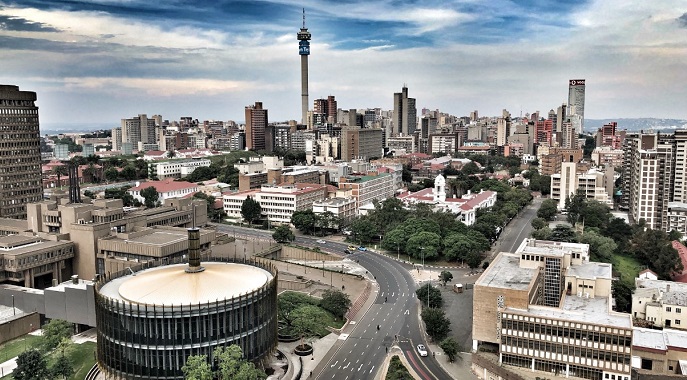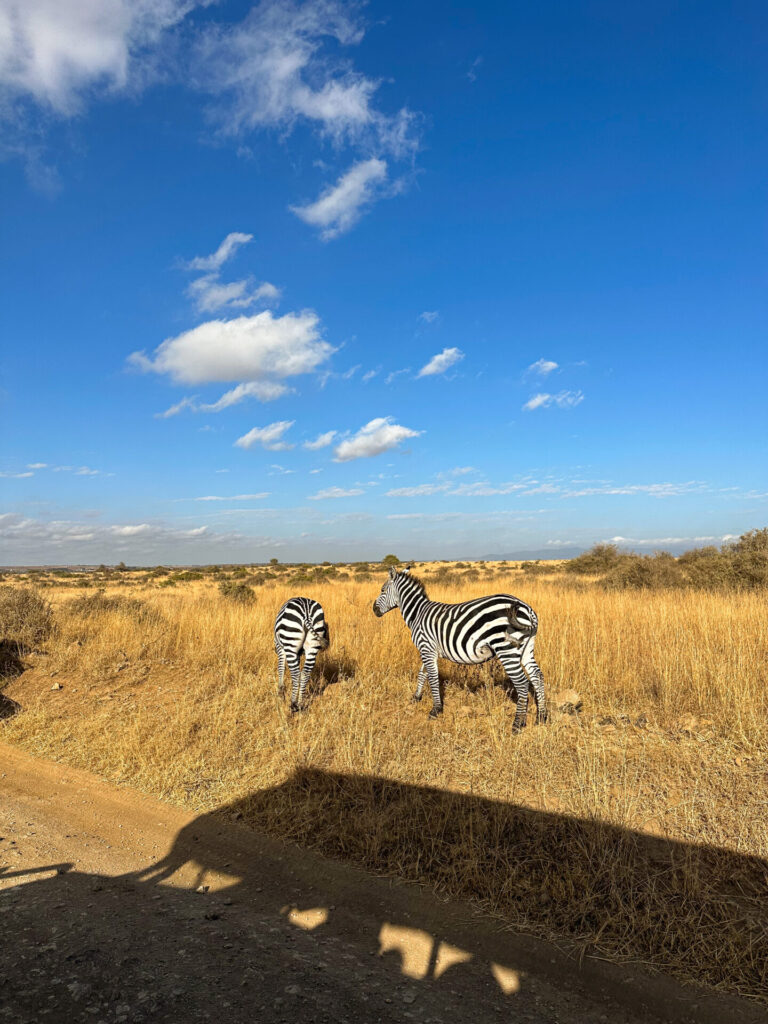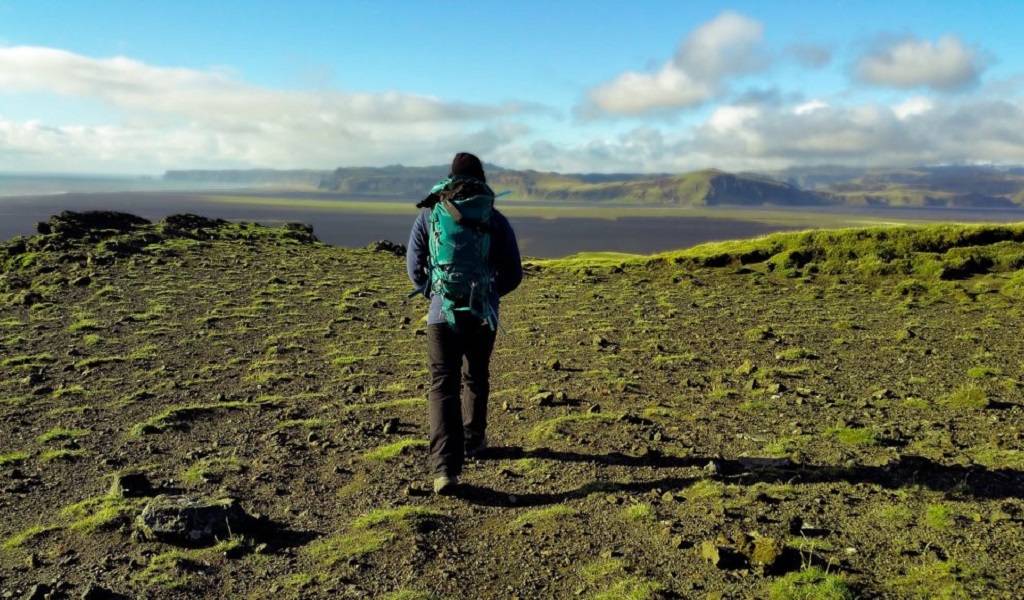Navigating the financial landscape in any country requires an understanding of the cost of living. In 2024, South Africa presents a unique economic environment shaped by various local and global factors. Whether you are considering relocating, planning investments, or simply curious about the economic conditions, this guide will provide valuable insights.
Understanding the Economic Climate
South Africa’s economy is a mix of developed infrastructure and sectors with immense potential, juxtaposed against challenges like unemployment and income disparity. In 2024, the economic climate is influenced by post-pandemic recovery efforts, government policies, and global market trends.
Housing Costs
Housing is a major component of the cost of living in South Africa. In urban areas like Johannesburg and Cape Town, property prices and rental rates are relatively high compared to rural regions. However, there has been a noticeable trend of stabilization in property markets due to increased developments and government efforts to provide affordable housing.
- Johannesburg: Average rent for a one-bedroom apartment in the city center is approximately ZAR 9,000 per month.
- Cape Town: Known for its scenic beauty, average rents here can be slightly higher, averaging around ZAR 10,000 for a similar apartment.
Transportation
The cost of transportation in South Africa can vary significantly depending on your choice of commuting. Public transportation options like buses and trains are generally affordable but may not cover all areas comprehensively.
- Car Ownership: Fuel prices and vehicle maintenance can add up, with petrol costing around ZAR 21 per liter in 2024.
- Public Transport: Monthly passes for buses and trains range from ZAR 700 to ZAR 1,200.
Food and Groceries
Food prices have seen fluctuations, largely due to global supply chain issues and local agricultural conditions. However, South Africa’s diverse agricultural base ensures a steady supply of local produce.
- Groceries: A typical grocery bill for a family of four could range between ZAR 6,000 and ZAR 10,000 monthly.
- Dining Out: Eating at mid-range restaurants will cost around ZAR 300 for a three-course meal for two.
Utilities and Services
Utilities such as electricity, water, and internet are essential components of living costs. With the rise in digital connectivity, internet access has become crucial.
- Electricity and Water: Monthly bills can range from ZAR 1,500 to ZAR 3,000, depending on consumption.
- Internet: High-speed internet packages are available at competitive rates, starting from ZAR 800 per month.
Healthcare and Education
The quality of healthcare and education in South Africa is diverse, with significant differences between public and private options.
- Healthcare: Public healthcare is available but often overstretched. Private healthcare is recommended for comprehensive coverage, with monthly premiums averaging ZAR 2,500 for a family plan.
- Education: Public schooling is free, but private schools can charge fees ranging from ZAR 30,000 to ZAR 120,000 annually.
Conclusion
Understanding the cost of living in South Africa in 2024 is vital for anyone making financial plans involving the country. While there are challenges, particularly in navigating disparities and infrastructural gaps, there are also opportunities for smart financial management and investment.
Considering a move or investment in South Africa? Familiarize yourself with the local economic conditions and financial landscape to make informed decisions. Stay updated with reliable sources and local experts to adapt to the dynamic economic environment effectively.




